Dog-tired
As the dark months of the year approach, our need for sleep increases, and we feel tired earlier in the evening. Is it the same for our four-legged friends? A dog’s need for sleep and rest can also be affected by a reduction in the number of hours of sunshine. Dogs are not hibernating animals, but they generally have a much greater need for rest than humans, both in summer and in winter. This is why we use the expression “dog-tired” to mean very tired. But why do they actually need so much rest and sleep? And do dogs dream like humans do? How can you help your dog get a good night’s sleep?
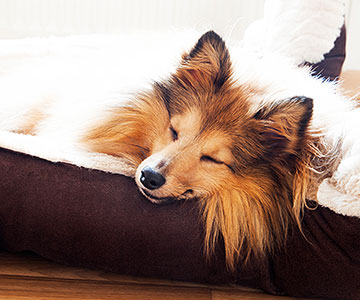
Sleep requirement
Humans need an average of 7 to 8 hours of sleep per night. Dogs need much more sleep: Adult dogs need between 15 and 17 hours per day. This also depends on the breed, age and the dog itself. Puppies or older dogs may need up to 22 hours a day. However, a four-legged friend sleeps in a different way to a two-legged friend. Human sleep usually happens in one session and is deeper and more intense. Dogs, by contrast, relax during the day by snoozing in a chosen spot and can be wide awake again very quickly. Dogs are social sleepers, which means that they have evolved to be able to perceive changes in their environment more quickly than humans, for example. They have shorter REM (deep sleep) phases and so have a greater need for more rest to compensate for this.
Our four-legged friends do have deep sleep phases, but this is only one part of their resting phase. Their rest requirements can be roughly divided into three different rest phases: resting, dozing and sleeping.
Resting
This is when the eyes are open and the dog is lying on its pillow, somewhere around the house or maybe even snuggled up on the couch with you. Your dog is not expecting you to play with them, rather they are relaxing and taking a rest. They need this rest, so you should allow them to have it and let them recharge their batteries.
Dozing
When dozing, the dog will lie on its own or another favourite spot in the house or garden and relax. Their eyes are closed and at first glance it looks as if they are asleep. However, it still keeps a close “eye” on its surroundings with its ears and nose. Your dog knows exactly where you are and will jump up in no time if something interesting happens.
Deep sleep
Dogs also sleep and need it. This part of the total resting phase, however, only makes up a small part – about 6 to 8 hours – of their resting behaviour during the day. Just like humans, dogs relax during sleep, regenerate and process their experiences of the day. For two-legged animals, as for four-legged animals, the day – whether tiring, stressful or exciting – can be key to whether they have a peaceful night’s sleep.
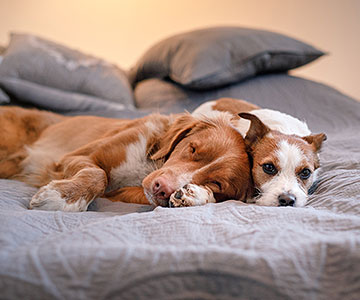
Why is getting enough sleep so important?
As with humans, sleep, as well as the resting phases just mentioned, serves to regenerate, recover and regain strength. Dogs that lack sleep or do not get enough rest can be more susceptible to (chronic) diseases, be more irritable and show abnormal or even aggressive behaviour. Concentration and motor skills also deteriorate, just like with us humans.
Dogs show the following symptoms when sleep-deprived:
- Over-excitement.
- Drop in concentration and motor skills.
- If sleep deprivation continues, they become increasingly nervous and irritable.
- Your dog will be far more susceptible to disease and more aggressive than usual.
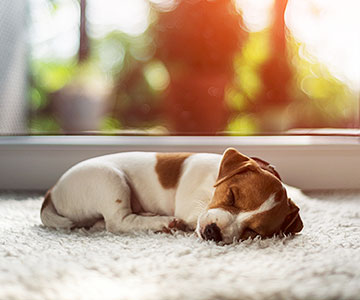
Creating rest periods
Not all dogs take the time they need to rest on their own. This can be for various reasons. Your dog may be very fixated on you or the family group, and may be afraid of missing out or being left alone. They don’t rest and instead are always alert. Even puppies have to learn to rest. Some of them may need your help in deciding when it is time to sleep. Like children, they would rather play than sleep. It is important for a puppy to rest after learning phases in order to regain strength and to process what it has experienced. Do you feel that your four-legged friend is not getting enough rest? You can help them best by, for example, getting them used to fixed times for playing, eating and sleeping or having a routine that is as consistent as possible. However, this should not be so rigid that the slightest changes unsettle your dog. If your four-legged friend retreats to their sleeping place, do not disturb them with offers of food or play. This will have an overall positive effect on their (sleeping) behaviour and therefore also on their wellbeing. For excited or very young dogs, you can also “order” rest periods. This can be helped by boxes that have positive reinforcement and are not perceived as punishment.
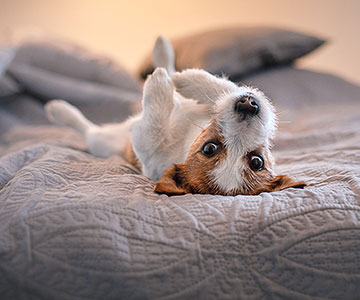
Favourite place = good sleep (place)?
As with humans, when we feel comfortable and safe, we sleep better. Having a good place to sleep can also mean a good night’s sleep for our dogs. If, for example, their sleeping place is in the middle of the everyday chaos, alert four-legged friends will constantly be confronted with new stimuli and will find it difficult to find peace and quiet.
Here are a few tips for your dog’s favourite place:
- put it in a quiet corner, free from draughts, but where it can still see the family group
- do not put it in passages or corridors, near large windows or in entrance ways
- do not place toys nearby
- choose the correct dog bed (size, hardness)
- Some dogs also like “dens”. Dogs that are insecure or easily stimulated by their surroundings will benefit in particular from being able to retreat more easily.
Let sleeping dogs lie?
Have you heard the phrase “let sleeping dogs lie”? This is particularly important during the dreaming phase. If you don’t let your dog lie and (unintentionally) wake it up, your dog will be a bit confused at first and not know what to do. It could be frightened and instinctively snap at
you. It is best to let them sleep and give them their well-deserved rest.
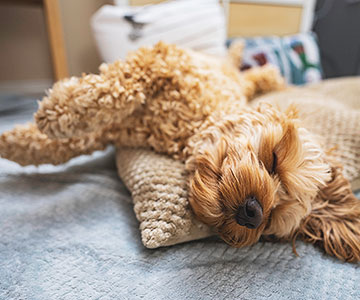
Do dogs dream?
Dogs sleep in the strangest positions; some curl up, others lie stretched out or on their backs with their legs up. But that’s not all: perhaps you’ve seen with your dog or in the various dog videos on
social media, how dogs move whilst they sleep. It could be a slight twitching of the limbs, a tremor, a running movement in the air or a wagging tail. Dogs can even experience sleepwalking. Some four-legged friends even bark or howl in their sleep. Scientists have distinguished four sleep phases in dogs:
light sleep, deep sleep, REM (dream) phase and waking phase. They believe that dogs do dream during the REM phase and process what they have experienced during the day. This phase sequence
repeats many times during the night, with a short waking phase after each sleep phase. This is how the dog’s ancestor – the wolf – made sure that dangers were recognised by the pack quickly, even during the night.
Which position does your dog prefer to sleep in?
On their side
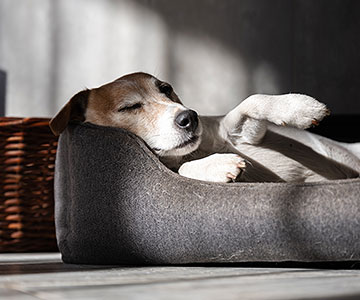
Curled up
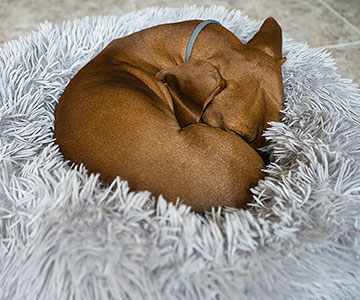
On their side with their feet in the air
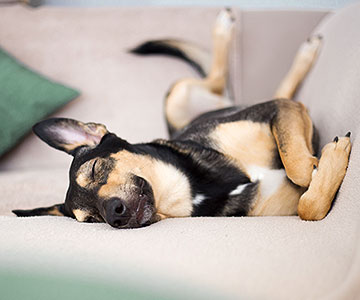
On their back
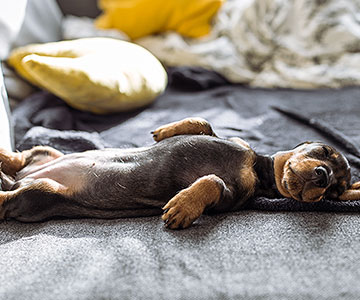
Across furniture
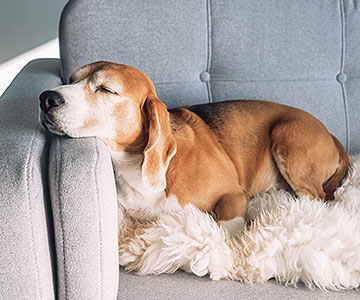
Stretched out in every direction
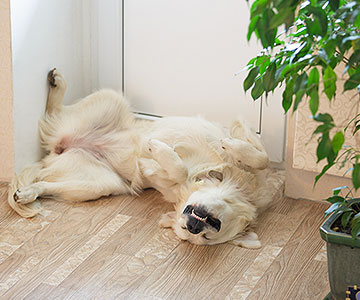
With a cuddly toy or other toy
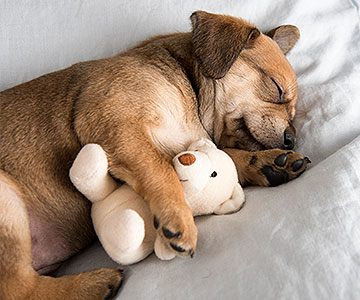
Flat on their stomach
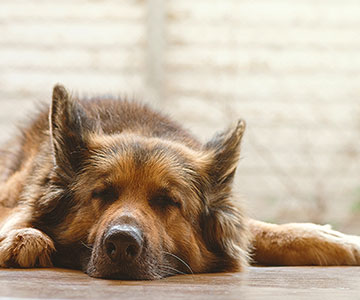
Product recommendations
The benefits of PLATINUM dog food
- PLATINUM uses a unique preparation method called FSG, which offers numerous advantages compared to conventional dog food.
- Dog food prepared with FSG is gently cooked only in its own meat juice and is therefore nutrient-rich like BARF, excellent for building muscles and also extra tasty for your dog.
- With at least 70% fresh meat in the dry dog food and 83% fresh meat or fresh fish in the wet dog food, PLATINUM places great value on a composition of the food that is adapted to the needs of dogs.
- The declaration and composition of dog food prepared with FSG is tested regularly and independently by ELAB Analytik GmbH (formerly TÜV SÜD ELAB) - for canine health protection.
- PLATINUM is generally very well accepted by dogs of all breeds and ages. Even four-legged friends with sensitive digestion or intolerances usually tolerate PLATINUM dog food well.
- All products are free of soya, GMOs and gluten. In addition, no flavour enhancers, attractants, odourants or colourings are used.
- Over 80,000 positive customer reviews at Trusted Shops speak for themselves!


 Deutsch
Deutsch
 English
English
 Nederlands
Nederlands
 Français
Français

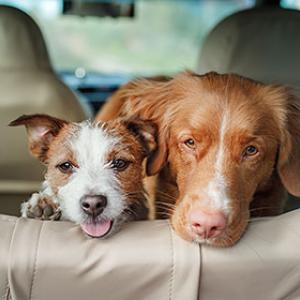
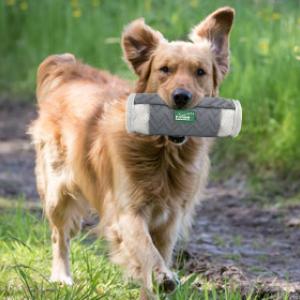
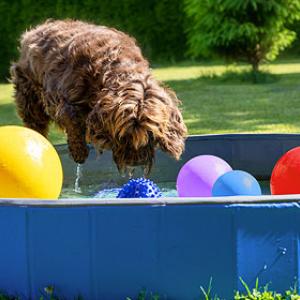
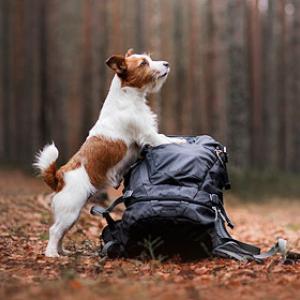
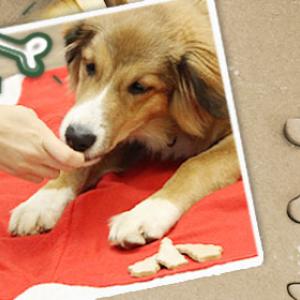
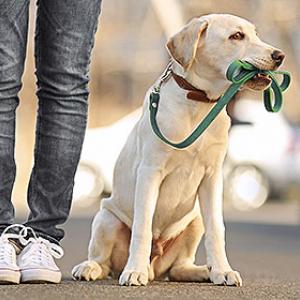
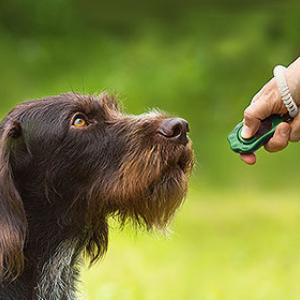
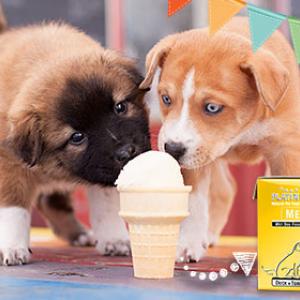
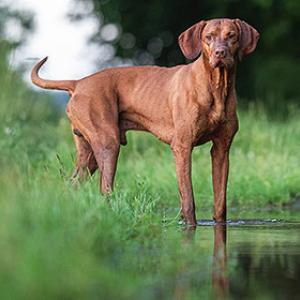
.png)
.png)
.png)
.png)